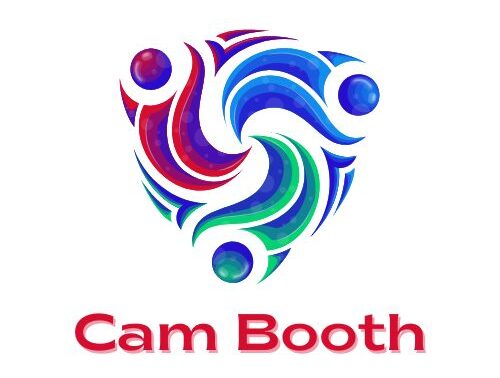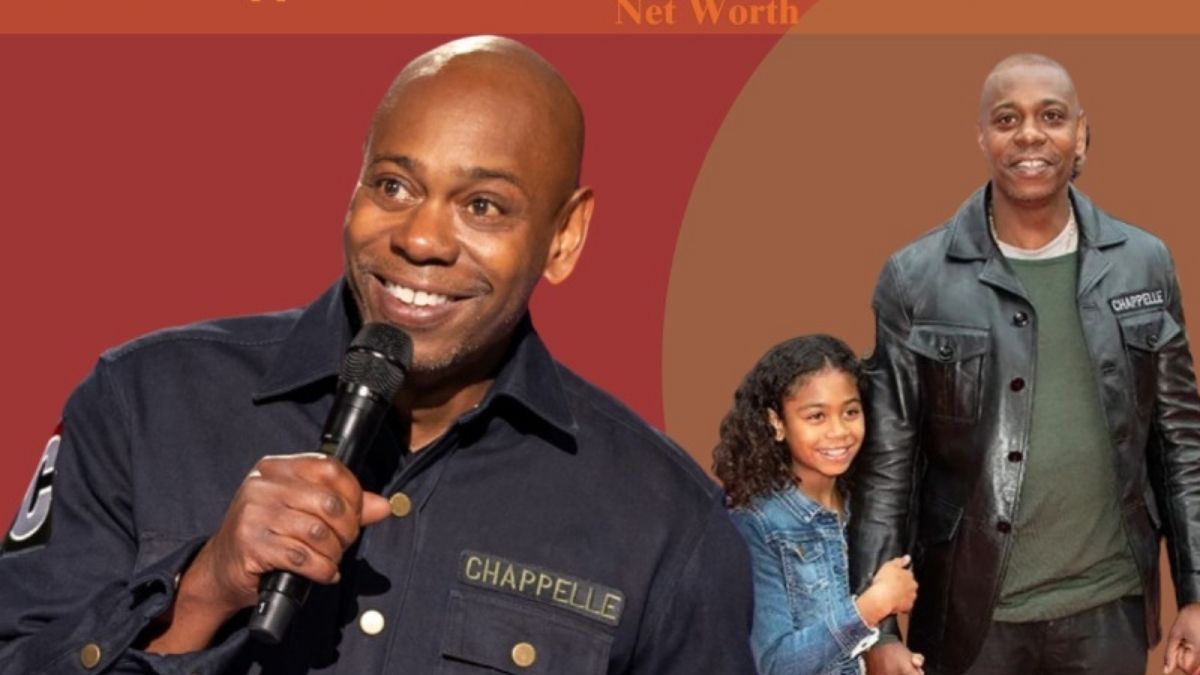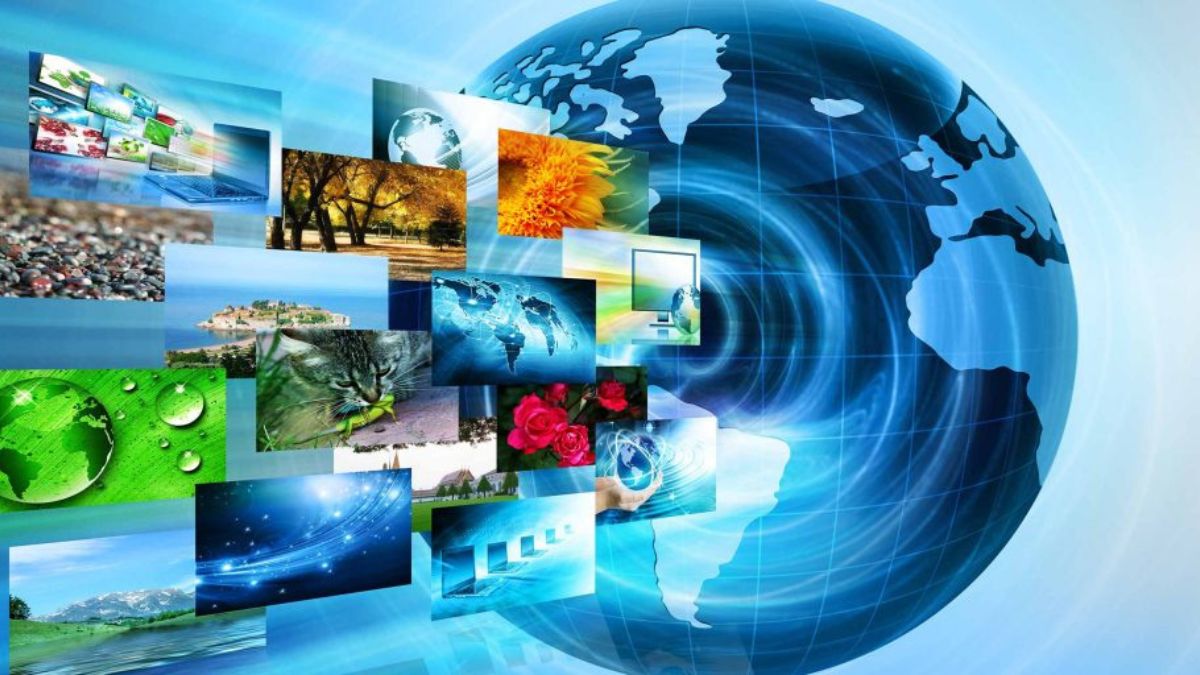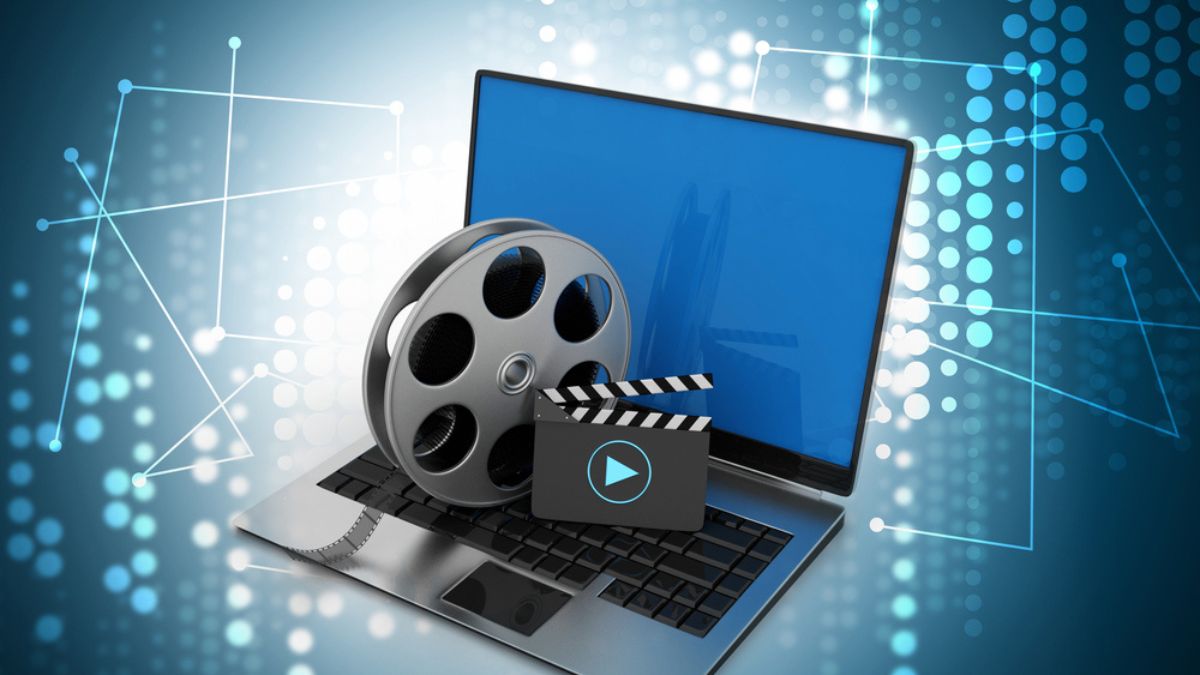Entertainment has always been a mirror reflecting cultural shifts and technological advancements, from the rise of cinema during the industrial revolution to the streaming platforms reshaping how we consume media today. Entertainment is not merely about passing the time—it’s about connection, creativity, and a shared experience.
This blog takes a deep dive into the emerging trends redefining how we engage with entertainment and how these changes are shaping the industry’s future. Whether you’re an avid movie enthusiast, a casual game, or someone fascinated by the influence of technology, there’s something here for you.
How Technology is Changing Entertainment
The Streaming Revolution
Over the past decade, streaming platforms have redefined the entertainment landscape. With Netflix, Hulu, Disney+, and countless others, the days of waiting for weekly TV episodes are long gone. Instead, audiences can binge entire seasons in one sitting.
What’s Next?
Streaming isn’t stopping at traditional programming. Platforms are now experimenting with interactive content, like Netflix’s “Black Mirror: Bandersnatch,” where viewers influence the story’s direction. Add immersive tech like augmented reality (AR) and virtual reality (VR) into the mix, and we’re looking at a new era of engagement.
Artificial Intelligence in Content Creation
AI is becoming integral to how entertainment is created. From AI-generated scripts to music composed by algorithms, creativity and machine learning are intersecting in fascinating ways. OpenAI’s ChatGPT and tools like MidJourney are already assisting creators in brainstorming, editing, and even creating art assets.
What’s the Impact?
AI allows creators to speed up processes, reduce costs, and diversify the content they offer. For instance, algorithms help streaming platforms recommend shows, while voice synthesis technology brings authentic-sounding AI voices to productions. However, the ethical implications of such advancements, like copyright concerns and creative originality, raise valid debates.
The Growth of Virtual Reality and Gaming
Gaming has firmly secured its place as a top form of entertainment, with a projected market value of $385 billion by 2027. Virtual reality gaming is growing exponentially as headsets become more accessible and powerful. Titles like “Beat Saber” and “Half Life: Alyx” prove how immersive the experience can be.
Beyond Gaming
VR isn’t just for gaming; it’s weaving into live events. Virtual concerts, like Travis Scott’s record-breaking show inside Fortnite, demonstrate how entertainment transforms into experiences unbound by physical limitations.
Entertainment and the Audience Connection
Personalized Experiences
Thanks to big data, personalization has come to the forefront of entertainment. When Netflix predicts what you want to watch or Spotify curates your “Discover Weekly” playlist, data algorithms are at work, creating a hyper-relevant experience.
The Benefits and Limits of Personalization
While personalization keeps audiences glued to platforms, there’s also a downside—it keeps us in a bubble. Algorithms feed us more of what we already like, potentially stifling discovery and diversity.
The Rise of Fan-Created Content
Alongside traditional sources of entertainment, platforms like YouTube, TikTok, and Twitch are empowering fans to become creators themselves. These platforms blur the line between creator and consumer, reshaping the dynamic between audiences and traditional entertainment outlets.
Case in Point
Consider the rise of reaction channels and fan theories about popular TV shows like “Stranger Things.” Fans aren’t just passively consuming entertainment; they are contributing to the larger conversation around it.
Societal Shifts and Entertainment
Representation Matters More Than Ever
The push for diversity and inclusion has gained momentum across media industries. Recent films like “Black Panther” and “Everything Everywhere All at Once” demonstrate how stories centered on underrepresented characters resonate globally.
Why It Matters
Representation fosters broader societal empathy. Entertainment has the unique power to influence perspectives, spark important conversations, and highlight stories often ignored in traditional narratives.
The Importance of Sustainability
The entertainment industry faces growing pressure to reduce its environmental footprint. From energy-guzzling concert tours to the carbon emissions of film production, audiences are becoming more conscious of how the industry contributes to climate change.
The Green Future
Streaming companies, such as Netflix, have pledged to neutralize their carbon footprints. Similarly, events like Coachella are exploring eco-friendly initiatives like renewable energy sources and waste reduction programs. Sustainability is becoming a necessity rather than a trend.
What Lies Ahead for Entertainment?
The future of entertainment is deeply intertwined with technology, social change, and shifting audience expectations. From hyper-personalized content to AI-crafted films, the industry constantly reshapes itself, reflecting and driving cultural movements.
If you’re as excited about the innovative world of entertainment as we are, stay tuned! Subscribe to updates to ensure you’re always in the loop about what’s captivating the world.
FAQs
What are the key trends shaping the future of entertainment?
Some of the major trends include advancements in AI, virtual reality (VR), augmented reality (AR), hyper-personalized content, diverse representation, and sustainability-focused initiatives within the industry.
How is AI being used in the entertainment sector?
AI is being utilized to create personalized content recommendations, craft scripts, enhance visual effects, and even produce entirely AI-generated films, making production processes more efficient and innovative.
What role does sustainability play in entertainment?
Sustainability is becoming a core focus, with companies adopting eco-friendly practices like reducing carbon footprints, using renewable energy sources, and minimizing waste during events and productions.
Will diverse representation in media continue to grow?
Yes, there is a growing demand for authentic and inclusive storytelling that represents different cultures, identities, and perspectives, which will likely push the industry toward even greater diversity.
How can I stay updated on these trends?
Stay connected by subscribing to industry updates, following leading entertainment platforms, and keeping an eye on innovations that shape what we watch, play, and experience.











